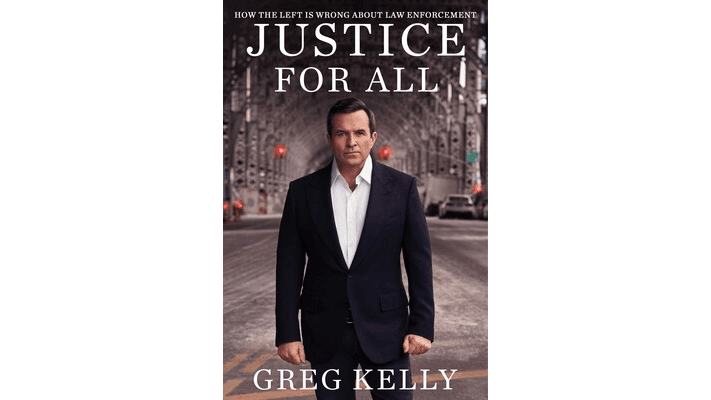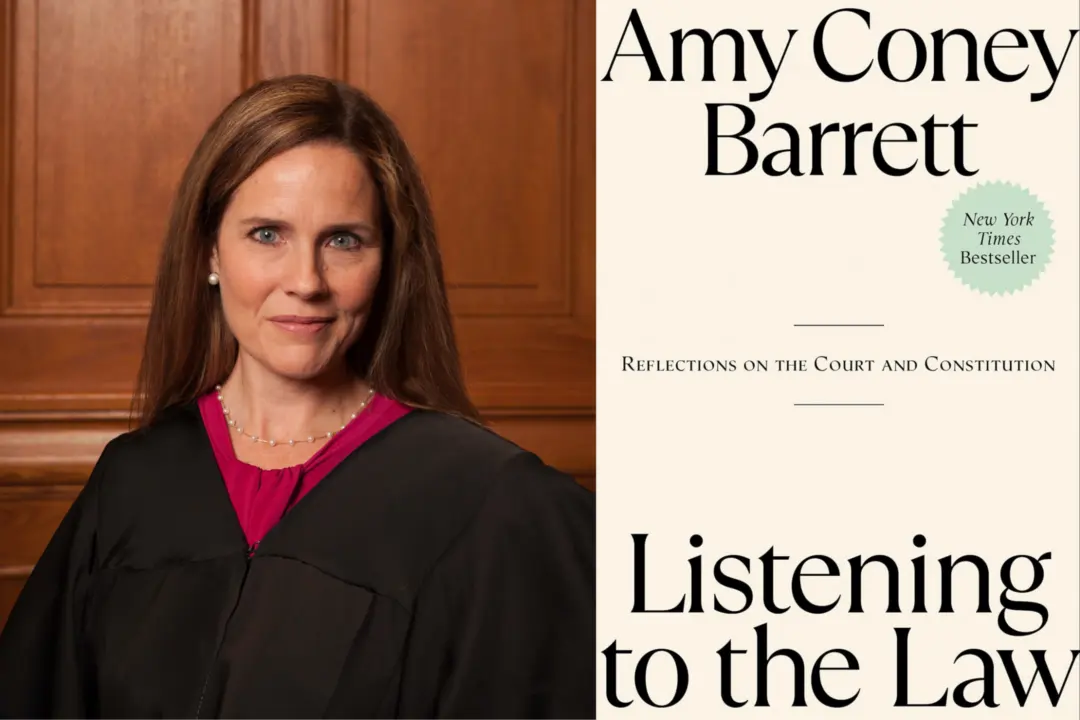“The center pole of the American way of life is freedom, but liberty must be paired with respect for the rule of law or else we will descend into chaos.”—Greg Kelly
It can be quite overwhelming trying to understand all the problems that are currently besetting the United States. In Greg Kelly’s debut book, “Justice for All: How the Left Is Wrong About Law Enforcement,” he helps the reader to understand fully one issue: the cultural and racial issues that have plagued law enforcement in America.





